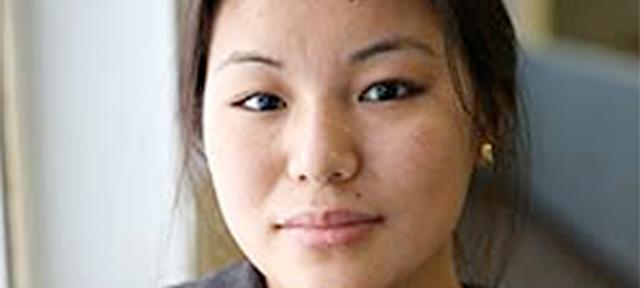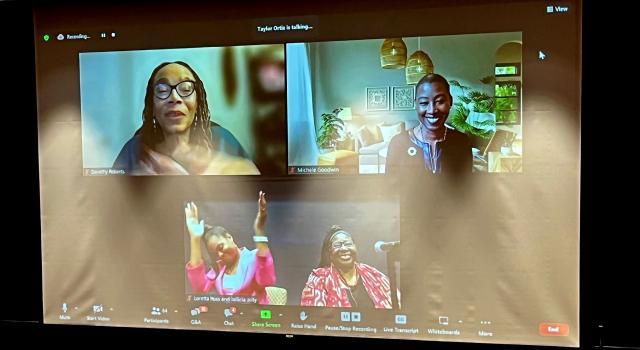Interweaving Women's Health Education into Traditional Cultures

The second-year student immigrated with her family from Tibet to Nepal before they finally settled in Brooklyn, and faced dramatic cultural upheavals with each move.
Chemi Chemi’s interest in public policy and women’s rights has roots in her own life experiences. The second-year student immigrated with her family to Nepal from Tibet before they finally settled in Brooklyn, and faced dramatic cultural upheavals with each move.
"I had never gone to school in Tibet,” she says. “In Nepal, I started in the second grade, and they said I belonged in the seventh grade. So basically I skipped from second to seventh grade.”
In Brooklyn, Chemi attended an international high school that helped her develop her English language skills and, just as importantly, provided the encouragement to continue on into higher education. She credits her involvement with the Opportunity Network, a non-profit that helps low-income students with college and career readiness, with preparing her for the challenges and possibilities that Hampshire presents.
"When I visited Hampshire, I loved the curriculum," she says. "You have to work hard not just in terms of academics, but in making the initiative to meet professors, go to office hours, and commit to the things you say you will do. You have to make that extra effort, but it's worth it. I love the connection I have with my professors. They truly appreciate where I come from and the work I do, and they're here for me when I have questions."
Chemi interned with the Doula Project through Hampshire's Civil Liberties and Public Policy (CLPP) program, and worked as an abortion doula with Planned Parenthood. Through that organization, she provided physical, emotional, and informational support to women. She believes experiences like that will deeply inform her work in women's health, particularly in developing countries.
This summer, she plans to travel to India to learn about how traditional medicine in India mixes with modern medical practices. After Hampshire, Chemi plans to either attend law school or get a masters degree in public policy. She eventually hopes to start her own nonprofit and work with Tibetan youth.
"It's so difficult to talk gender work in general within the Tibetan community," she says. "The culture is different. With reproductive rights work, it's a challenge to figure out how to educate communities without disenfranchising their culture and their thoughts about access to health care."
Through her studies at Hampshire, both in and out of the classroom, she believes she has developed the skills that will let her do just that.



